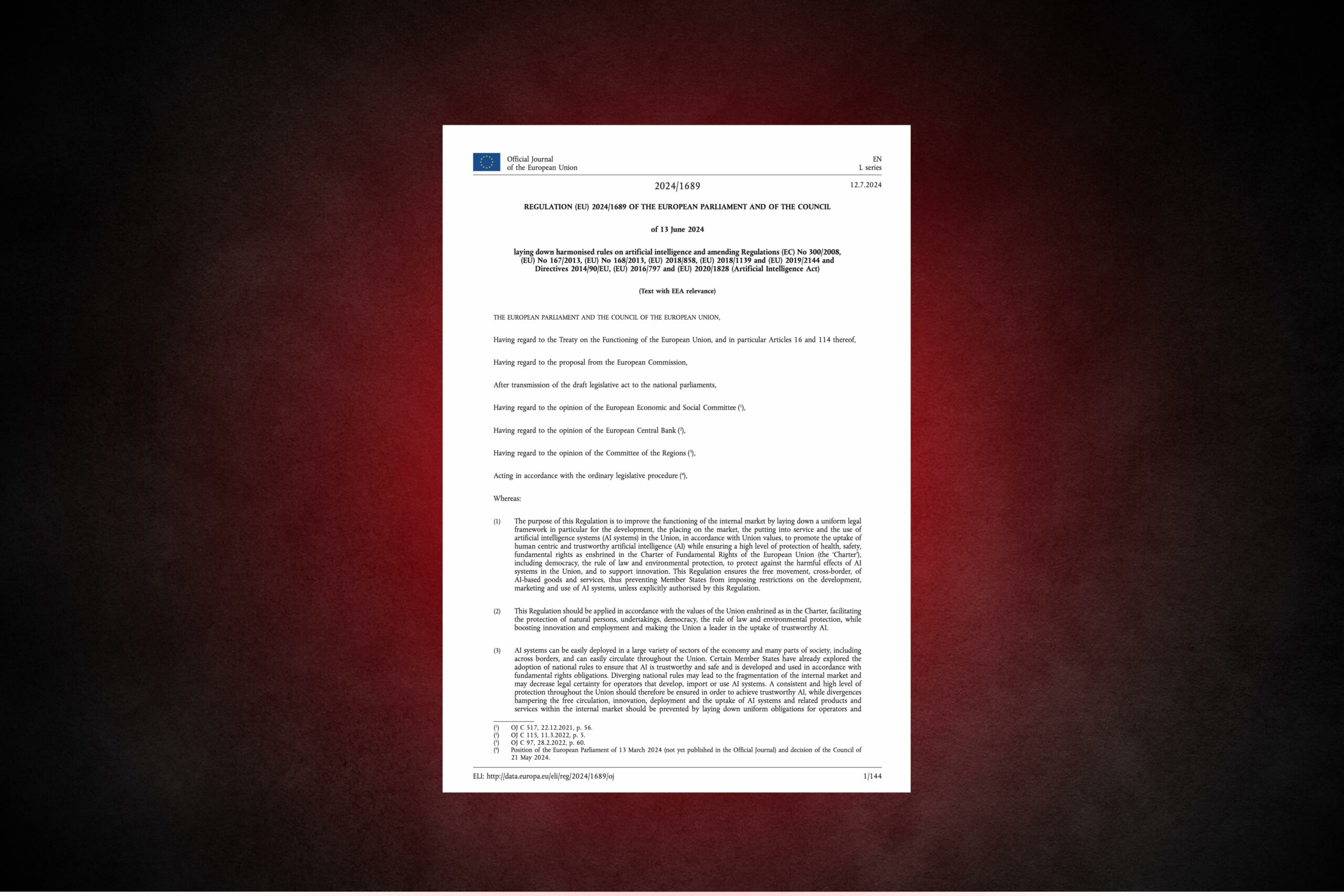Dear readers,
I am delighted to announce that this month’s guest article is authored by George L. Priest, Edward J. Phelps Professor of Law and Economics at Yale Law School. Prof. Priest responds to several recent antitrust proposals targeting big tech companies, reminds us of the difference with non-tech monopolies, and comes back on the consumer welfare standard. I am confident that you will enjoy reading it as much as I did. George, thank you very much!
All the best, Thibault Schrepel
****
What to do about the Big Tech Monopolies?
The four Big Tech monopolies in the U.S.—Google, Amazon, Facebook and Apple—have been subjected to extraordinary criticism in recent months, from Congressional committees and legislators, from the President who has appointed Big Tech critics to important policy and regulatory positions, from state antitrust officers and private parties filing antitrust suits, all of whom are concerned about the current size of these firms and their purported control of their industries; even more, about their growing control.
In this respect, the pandemic, with more consumers staying at home, appears to have enhanced the size of the existing monopolies. The New York Times has reported that the combined yearly revenues of Amazon, Google, Microsoft and Facebook increased by 25 percent over when the pandemic started.1https://www.nytimes.com/2021/04/30/business/europe-gdp.html Amazon has expanded its workforce by more than 470,000 since the end of 2019.2https://www.nytimes.com/2021/04/30/business/europe-gdp.html Senator Josh Hawley, a prominent critic of Big Tech, has recently argued, “we need a new era of trustbusting, an agenda to break up Big Tech and other concentrations of woke capital that threaten to turn the U.S. into a corporate oligarchy.”3https://www.wsj.com/articles/the-big-tech-oligarchy-calls-out-for-trustbusters-11619816008
As mentioned, Senator Hawley has proposed breaking up these firms, though he has not yet provided detail as to how to do so or what benefits to the society would result. He argues, “The Big Tech companies are the railroad monopolies, Standard Oil and the newspaper trust rolled into one, and tech CEOs are our robber barons.”4This is a uniquely uninformed statement. The railroad monopolies of the 19th Century were largely created and supported through land grants from the government. There was no newspaper trust. The Standard Oil example is discussed infra. Josh Hawley was a student in my Antitrust course and I recommended him for clerkships. As will be indicated, his current views do not represent the views of the course. Secondly, he has recommended, more broadly extending over the entire economy, prohibiting any corporation with more than $100 billion in capitalization from any merger or acquisition of another company.
Other efforts have focused on specific practices by Big Tech firms. The European Union has sued Apple with respect to its app payment plans,5https://www.wsj.com/articles/apple-faces-eu-antitrust-charges-over-app-store-payments-in-spotify-case-11619777595 and, even more recently, for its practices with respect to music streaming.6https://ec.europa.eu/commission/presscorner/detail/en/ip_21_2061 The State of Texas has filed an antitrust suit against Google claiming that it misused data obtained from consumers to its own benefit.7https://www.wsj.com/articles/states-sue-google-over-digital-ad-practices-11608146817 Texas has also sued Google over an agreement it has entered with Facebook giving favorable access to advertising. (Id.)
More generally the European Union has proposed amending its antitrust laws to lower the threshold for suits against platforms.8https://www.nytimes.com/live/2021/04/21/business/stock-market-today And Senator Amy Klobuchar, in a recent book, has proposed shifting the burden of proof in antitrust suits against Big Tech companies requiring them, not the government, to prove that a merger or acquisition would enhance competition.
These proposals and recommendations as well as the general suspicion of Big Tech companies because of their size fail to reflect that our current Big Tech companies are structurally different from monopolies such as Standard Oil or American Tobacco familiar in earlier antitrust cases. The Big Tech companies are not manufacturing monopolies, as were Standard Oil and American Tobacco, where costs of production increased with scale meaning that a break-up or a limitation on size would reduce costs. Instead, they are monopolies generated by the information age. Our current Big Tech companies are network monopolies where the benefit to all who join the network increases as the size of the network increases. All consumers who use Amazon benefit as Amazon increases the number of product sellers it makes available to those who use it and can do so as the number of users increase. Similarly, all consumers who use Google benefit as Google expands the range of information its search algorithms access.
These effects are different from, say, Standard Oil whose monopoly over oil refining was achieved by the acquisition of previously competing oil refiners. The Standard Oil monopoly allowed it both to compel its service providers—chiefly the railroads—to lower tariffs on transporting oil, and also to raise prices for refined oil to consumers.9See, Priest, Rethinking the Economic Basis of the Standard Oil Refining Monopoly: Dominance Against Competing Cartels, 85 So.Cal.L.Rev. 499 (2012). In the case of Standard Oil, breaking it up into competing oil refining companies, as was done, or if earlier, Standard Oil had been prohibited from additional acquisitions of competitors, consumers and the economy would have benefited. (Although later broken up, Standard Oil’s monopoly was acquired prior to the enactment of the Sherman Act.)
In the context of the Big Tech monopolies, the traditional ways of thinking about and dealing with monopolies are misguided. Breaking up the Big Tech monopolies would reduce network benefits. It is hypothetically possible that there are limits to the extent to which the expansion of a network increases consumer value, though this is hard to imagine. Perhaps if Amazon or Google became networks so large as to generate consumer confusion, that may be so. We see no effects of that nature in current practice. Thus, the proposals to break up the size of these networks or to limit their expansion would harm consumers and the economy, not the reverse.
Similarly, the various antitrust attacks on specific network practices—such as their favoring promotion of their own products over competitors’—ignores the incentives necessary to the creation of these networks. It required great innovation, vision and persistence to create the networks. As a society and an economy, we hope to encourage the creation of new, perhaps competing, networks in the future. To deny the creators of these current networks the opportunity to exploit the benefits they have created would diminish that future possibility.
In other areas involving innovation, such as patent law, legal limitations are placed on the extent to which a patent holder or licensee can impose patent license restrictions to its own benefit. But the issue with current Big Tech monopolies is different. Patent monopolies are granted and enforced by the government to reward innovation where copying by others that might destroy or erode the value of the innovation is easily available once the idea is published. The Big Tech monopolies were not created by the government nor are protected by it. If the practices of these monopolies harm, rather than help, consumers, competitors will arise. Until then, we should want to maintain incentives to create new networks and expand those that exist.
There is a more insidious feature to the criticisms of Big Tech. Some commentators have argued that the basic standard that has directed Supreme Court antitrust jurisprudence since the late 1970s—whether an industrial practice benefits consumers—should be overturned. Senator Hawley writes, “For years, courts have asked whether an alleged monopolist has harmed consumer welfare. . . . trust busting isn’t about consumer prices alone. . . . Trust busting is about promoting robust competition.” Senator Klobuchar’s recent book makes similar arguments. But what is the economic function to an economy of competition? The Supreme Court’s consumer welfare standard does not seek to maximize benefits to a particular set of consumers, but rather benefits to the mass of consumers in the economy. Promoting consumer welfare in the broad is the only sensible standard a country’s policies can pursue.
George L. Priest
***
Citation: George L. Priest, What to do about the Big Tech Monopolies?, CONCURRENTIALISTE (May 17, 2021)
Read the other guest articles over here: link








